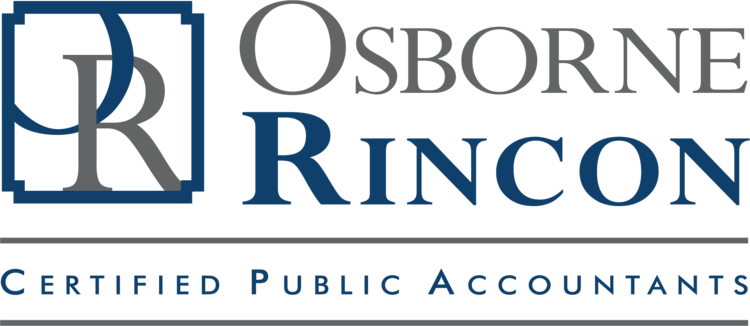By: Lee Osborne, CPA, CFE, President
In business, you need all the help you can get. You need a team behind you that can help you maneuver the many complicated areas we all must overcome in business. This certainly includes your CPA, your attorney, and a few others. Do you have banking needs to keep your banker on your team? Do you have investment matters to keep your investment advisor on your team? How about your insurance advisor?
Every day, matters come before a business owner that would require the advice of a professional. At our office, communications with our clients is a number one priority. You would be much more successful to have the advice of your CPA up front on a matter, versus after the fact. In tax law, there are numerous ways to accomplish what you may be trying to do, and your CPA can help you maneuver those options to the best possible solution.
In our office, we work closely with our clients and their advisors to make sure all potential problems can be anticipated and all opportunities are discussed. Obviously, this is easier said than done; we all have examples of problems that were not anticipated or opportunities we were not prepared for. The aspect of having those discussions with your professional advisors in the same room, at the same time, can be incredibly valuable. The cost of such a meeting may seem to be expensive at the time, but the money either saved or made in the future will far outweigh that cost.
These meetings may be about your corporate structure, corporate sale or corporate creation. You should constantly make sure the type of entity you have today is still be best option for your business and your type of ownership. If you are considering a sale of your company, you want to make sure you are protected for the sale and to minimize the tax bite. If you are creating a new company, you will want consider whether it should be a corporation, a partnership, or a sole proprietorship. Should your corporation be a C corporation or possibly an S corporation? Should your partnership be an LLC, a general partnership or a limited partnership? Should your sole proprietorship be a single member LLC? Each one of these types of entities has pros and cons. If you do have multiple owners, do you have a buy-sell agreement and do you need life insurance to facilitate the buy-sell agreement?
Make sure you have the best team possible to help you answer these questions, and use them.
For more information call Osborne Rincon CPAs at 760-777-9805.
